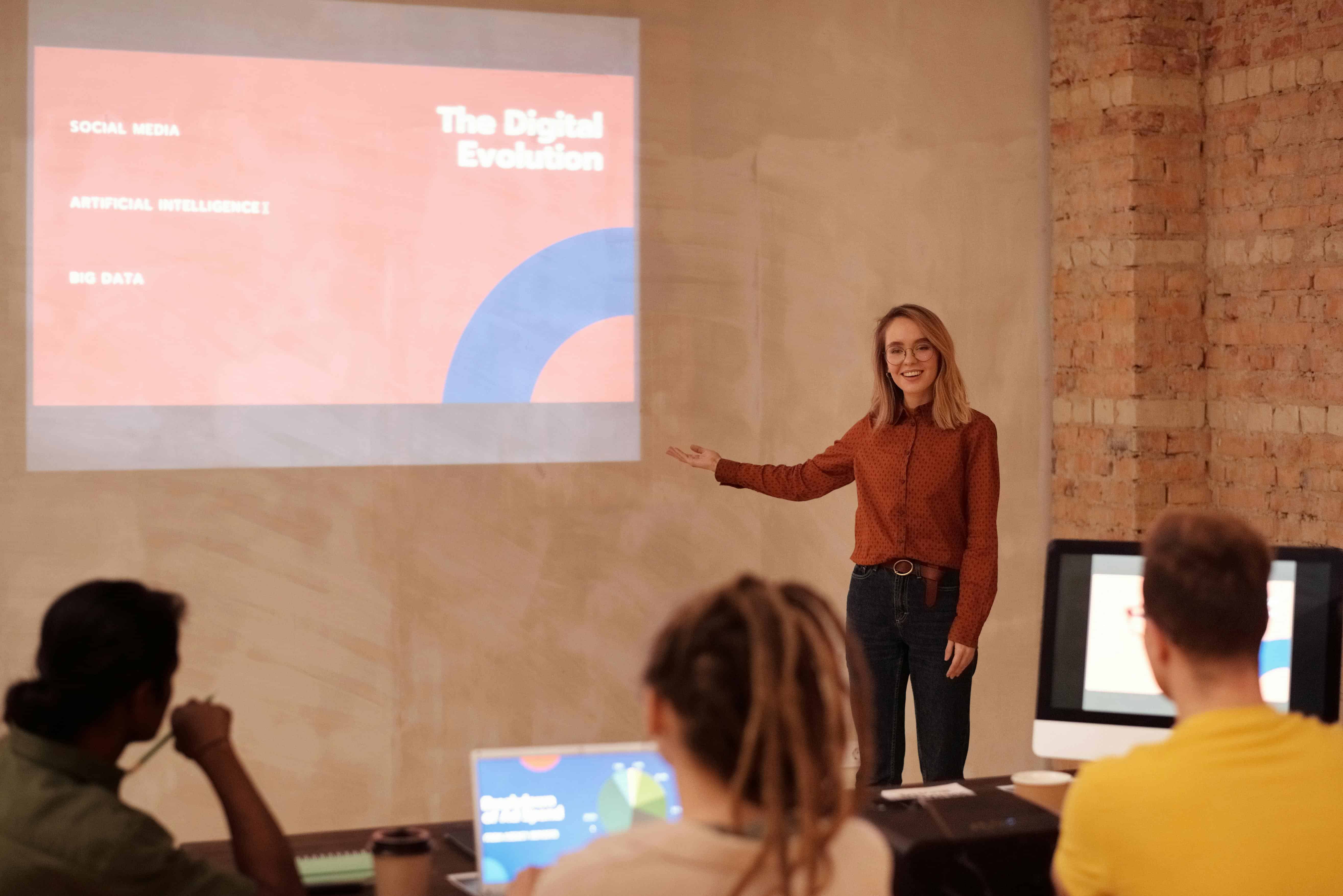Posts Tagged ‘leaders’
CEOs Need to Let Their People Experiment With Gen AI
Generative AI marks a historic shift—comparable to the industrial revolution—in automating knowledge work.
Read MoreHow Insurance Companies Create Effective Flexible Work Environments
Penn Mutual proves that a remote-first, people-centered strategy—grounded in culture, leadership, and adaptability—can drive success, retention, and innovation in the traditionally rigid insurance industry.
Read MoreTalent Will Flock to Remote-Friendly Companies
Companies embracing remote and flexible work models are winning top talent in today’s workforce.
Read MoreManaging Humans Is Harder Than Managing
Managing people—not AI—is the true challenge in digital transformation, as human complexity, creativity, and resistance far outweigh the predictable nature of Gen AI systems.
Read MoreAI Will Create the New Digital Workforce in Health
Adena Health is pioneering a people-first AI strategy, enhancing care and clinician well-being by thoughtfully integrating technology into healthcare with clear goals and human-centered design.
Read MoreRevolutionizing Legal Settlements: How Science is Changing Emotional Distress Compensation
QALY offers a validated, objective way to quantify emotional distress in legal cases, improving fairness and accuracy in compensation by replacing subjective methods with data-driven, credible, and scientifically supported evaluations.
Read MoreHow to Get Stakeholder Support for Gen AI Adoption
Successfully adopting generative AI goes beyond technology—it requires transparent governance, clear communication, and employee empowerment to build trust, ease fear, and ensure innovation benefits both people and organizational performance.
Read MoreThe Consequences of the Trump Administration’s Attack on the Labor Department
The changes at the Department of Labor represent a systemic dismantling of worker protections, oversight, and data reliability—posing a real-time crisis for labor rights and public trust.
Read MoreA Better Culture Can 5X Your Performance
Culture Drives Performance: A robust, future-ready culture can enhance an organization’s performance by up to five times, according to i4cp’s research.
Read MoreMeetings Are the #1 Killer of Productivity
Minimizing Meetings: Excessive meetings can kill productivity. Filestage minimizes meetings and focuses on asynchronous communication methods.
Read More










